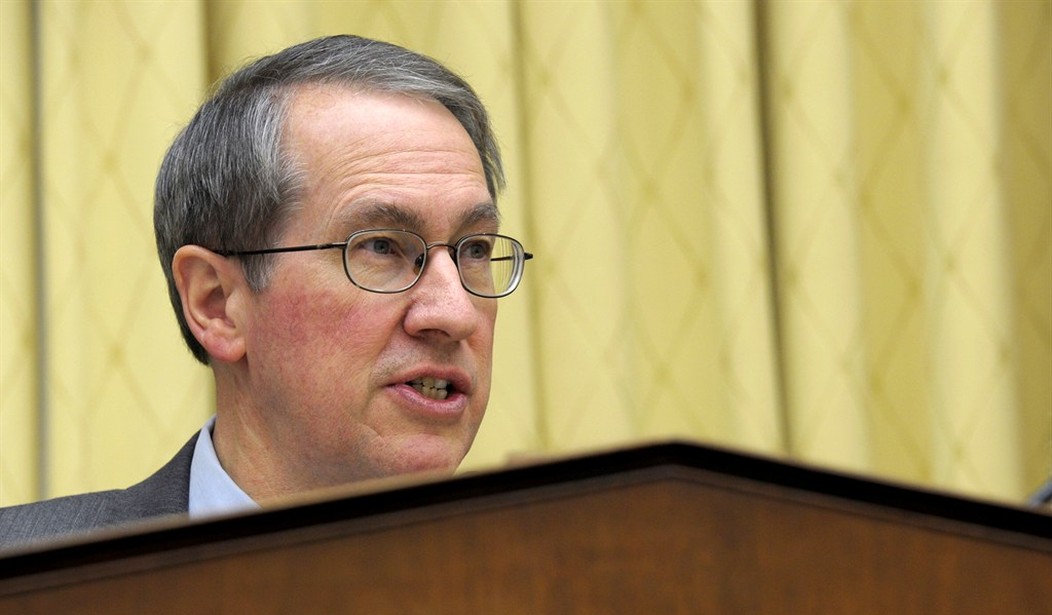Current scandals aside, when the history of the Obama Administration is written the topic of crony capitalism will need a section to itself. From the high profile failures of green energy projects to the bailouts of Wall Street and Detroit, handing out taxpayer dollars to private industry is a hallmark of the president’s economic policy. But President Obama is not alone responsible for approving these giveaways. Congress has played a critical role, especially when it comes to subsidies to Hollywood and the recording industry.
Instapundit.com creator, Glenn Reynolds, has done yeoman’s work connecting the dots. He has extensively documented how the “content industry” has taken advantage of the tax credits and subsides on the federal, state and local levels, to pad their bottom line. But Hollywood’s biggest giveaways don’t occur on the tax-writing committees in Congress but the Judiciary Committee — where copyright policy is written.
Using every means at their disposal, Hollywood has attacked the balanced approach inherent in our Constitution. Unfortunately, members of both parties have played the game that has stifled economic growth and competition and given the content lobby their near every demand. In short, Congress continues to look for more draconian ways to help copyright holders enforce their copyrights without regard to the impact on users and consumers.
That’s why it was a pleasant surprise to hear House Judiciary Committee Chairman Bob Goodlatte (R-VA) announce a comprehensive review of copyright law. Goodlatte’s “Copyright Principles Project,” is an effort to build consensus around copyright laws between consumers, the content lobby and technology. Yet supporters of free market reforms viewed the announcement with both optimism and skepticism. There have been few supporters of reform within both parties and Mr. Goodlatte does not have a good track record of support for free market principles on these issues. But one can hope.
Recommended
There are a number of reforms Mr. Goodlatte can endorse that will benefit consumers and help re-balance the law. Among them:
Unlocking Your Phone — When you buy a phone it is married to a specific wireless carrier. You can’t take it and go to another one because the cost of it was subsidized by the carrier with which you signed a contract. If, when that contract expires, you decide to switch to another carrier, or if you decide to pay the penalty and end your contract early for whatever reason, you, as the owner of the phone, become the proud owner of a technologically advanced and expensive paperweight. Your phone won’t work with another service provider. It would be like buying a car that you can never paint or change the radio, it has to be kept the same way it was when you bought it or it won’t work. You own it, technically, but General Motors controls it. There’s really nothing else you can buy that you, as the owner, have so little control over. Millions have been spent on lobbying to create and maintain this system.
Internet Radio — Internet radio is booming in popularity but the royalty scheme makes the model unprofitable. Internet radio websites pay six times the royalty rates of other broadcast mediums because the Copyright Royalty Board imposes price-fixing on the industry with standards created by Congress. Determining what standard applies depends on whether or not the service was "preexisting" in 1998 when the Digital Millennium Copyright Act was enacted. New technologies are subject to a standard that results in much higher rates than those faced by "old" technologies like satellite radio. Rep. Jason Chaffetz (R-Utah) introduced in the last Congress the Internet Radio Fairness Act, which seeks to fix the royalty rate mess. It should be a high priority for the Chairman.
Politicians on both sides of the aisle constantly rail against cronyism, yet both sides engage in it hoping you won’t notice. The “safeguards” built into that cronyism to protect the patrons of it are set up in such a way that you, the consumer, will place the blame elsewhere rather than where it ultimately belongs – the government. Companies use government as a weapon against competitors and consumers, companies know it and embrace it, consumers are kept in the dark.
Like how a raise in the gas tax is blamed on “greedy oil companies” for raising the price rather than government because consumers only see the end price at the pump without knowing it’s higher because their elected officials want a bigger slice, cronyism impacts you elsewhere. The company that makes your phone isn’t keeping you from using it however you want, and if your favorite Internet radio station goes away it won’t be because they couldn’t compete on a level playing field, an entire system has been set up to make it difficult, if not near impossible for them to exist. It’s just the way it is, but it doesn’t have to be.

























Join the conversation as a VIP Member